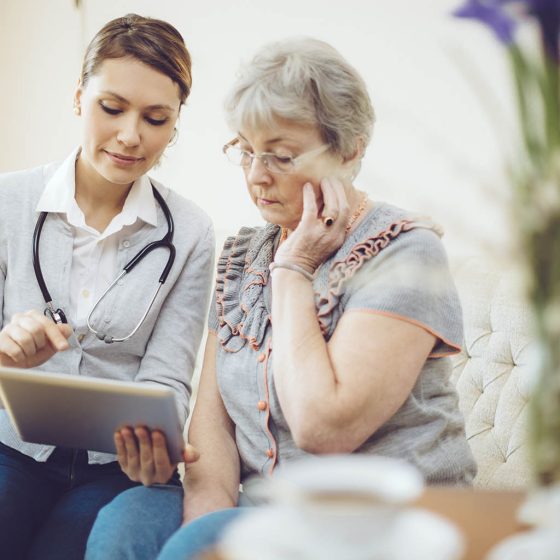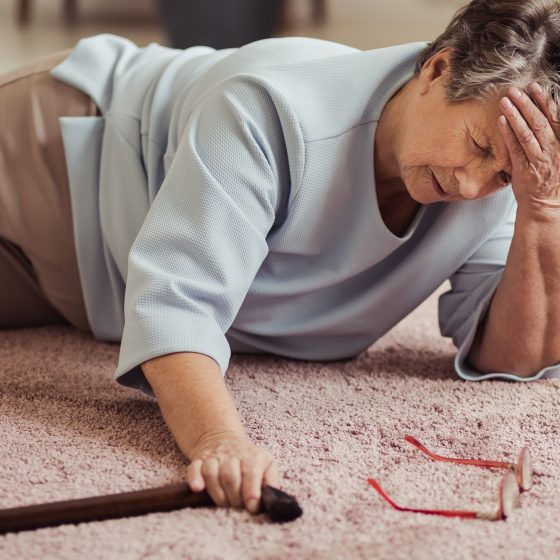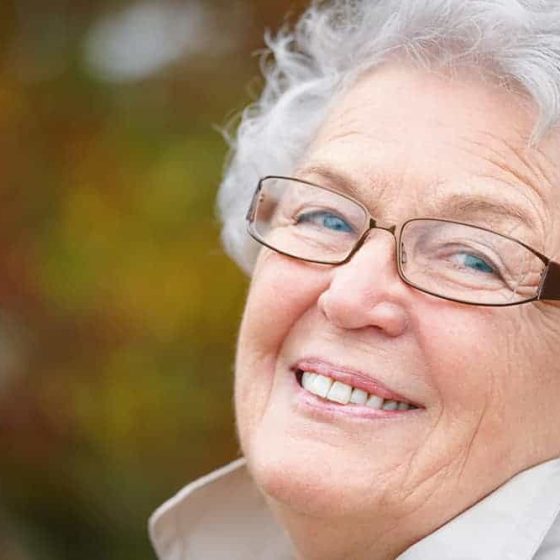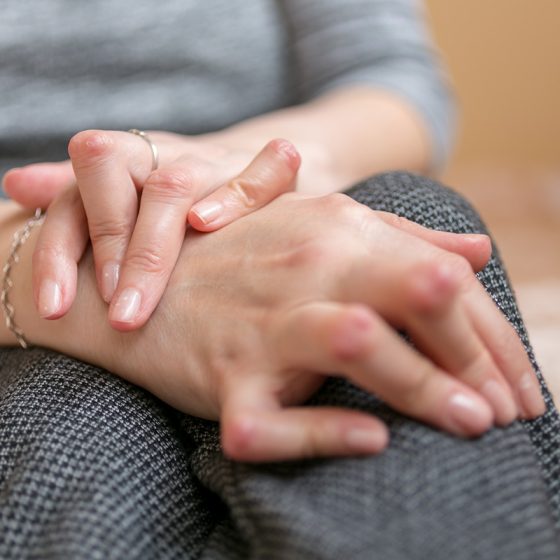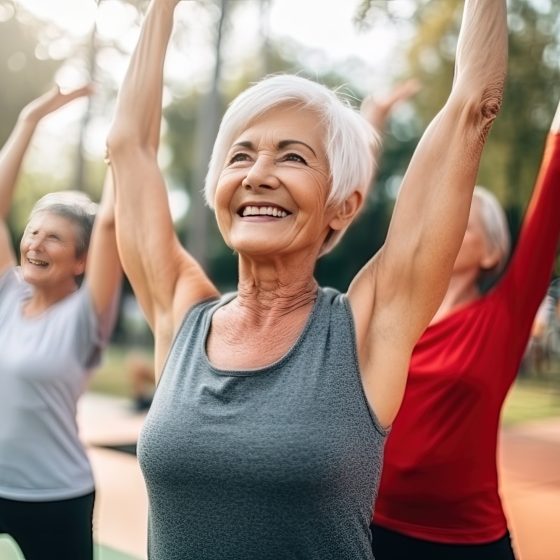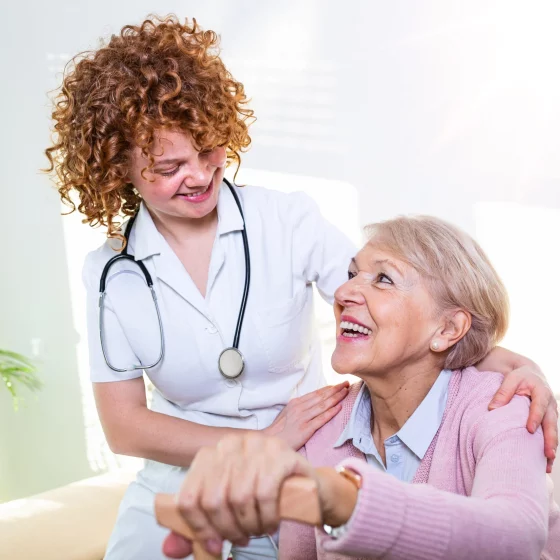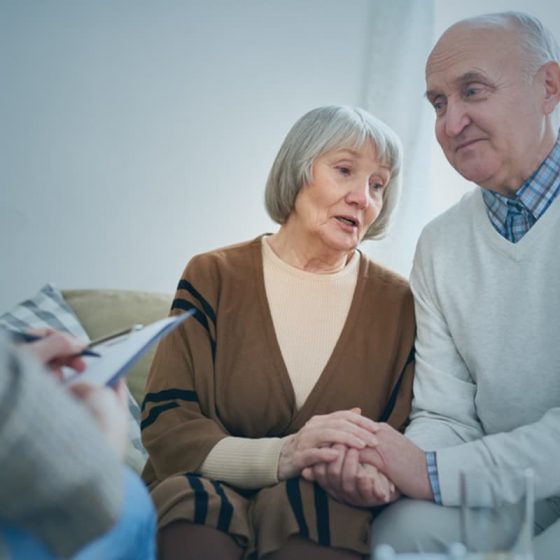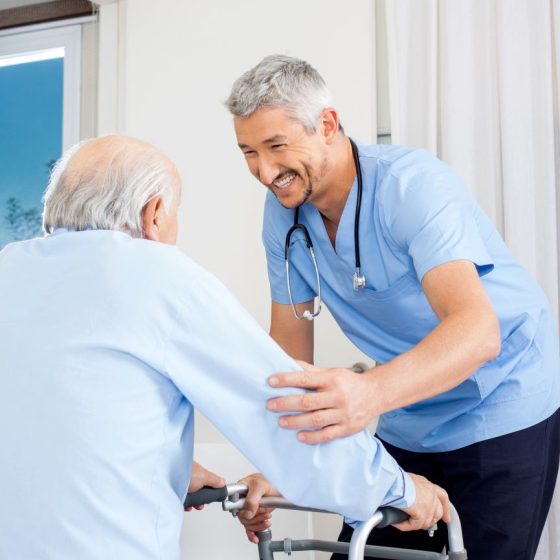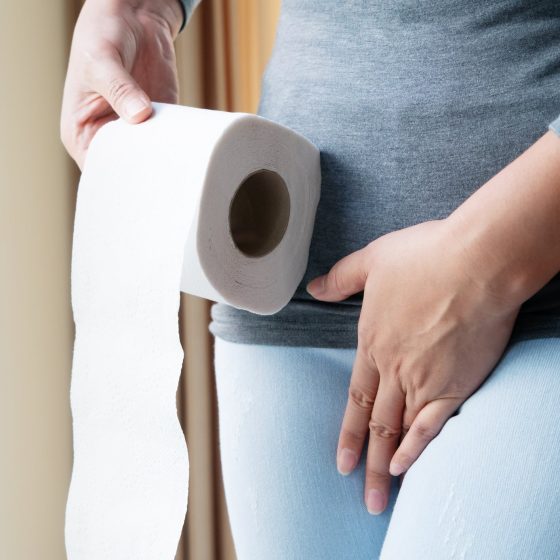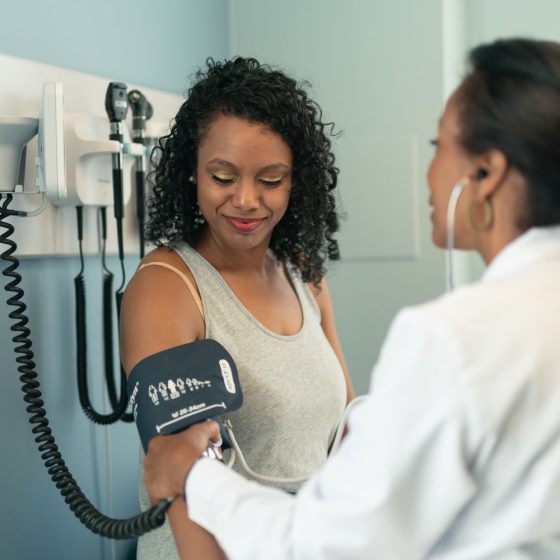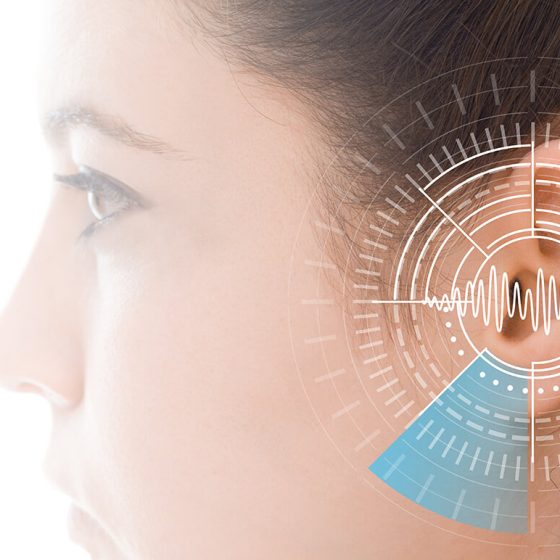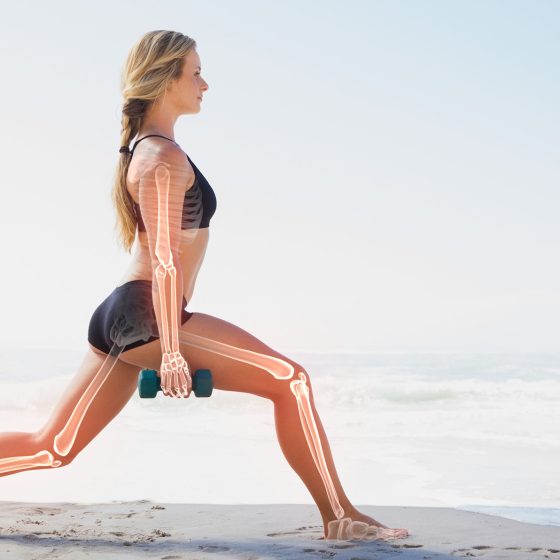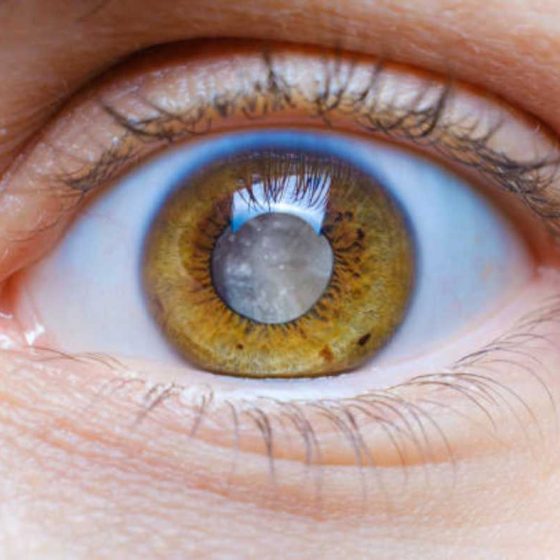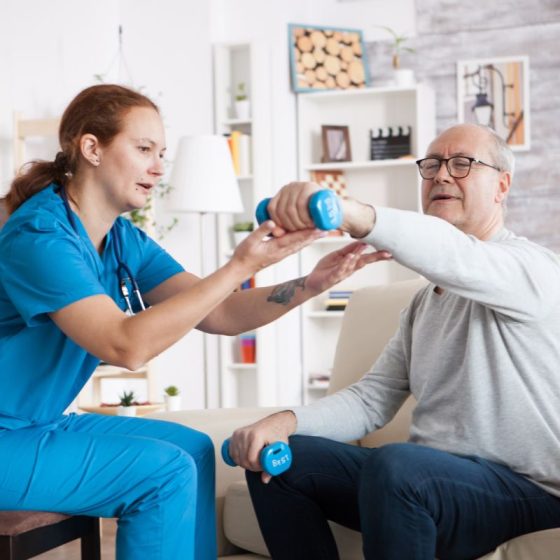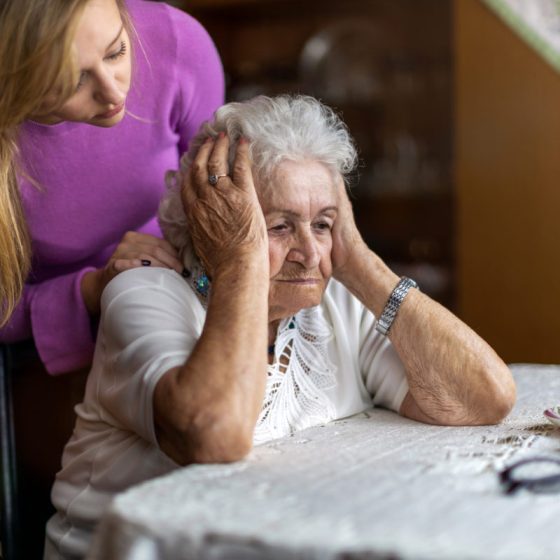Manage your health in your 70s and older
Key facts Ask your doctor about regular cardiovascular health checks. Go for your cancer screening tests when you get the reminders. Have regular sight and hearing checks and falls risk assessment. Aim for a healthy lifestyle by eating well, being active and limiting alcohol and smoking. Have regular dental check-ups and the recommended vaccinations. Health screening tests If you are in your 70s or older, there are some things you can do to help manage and prevent health conditions that are more common at this age. Talk to your doctor about what tests you need, based on your current health

